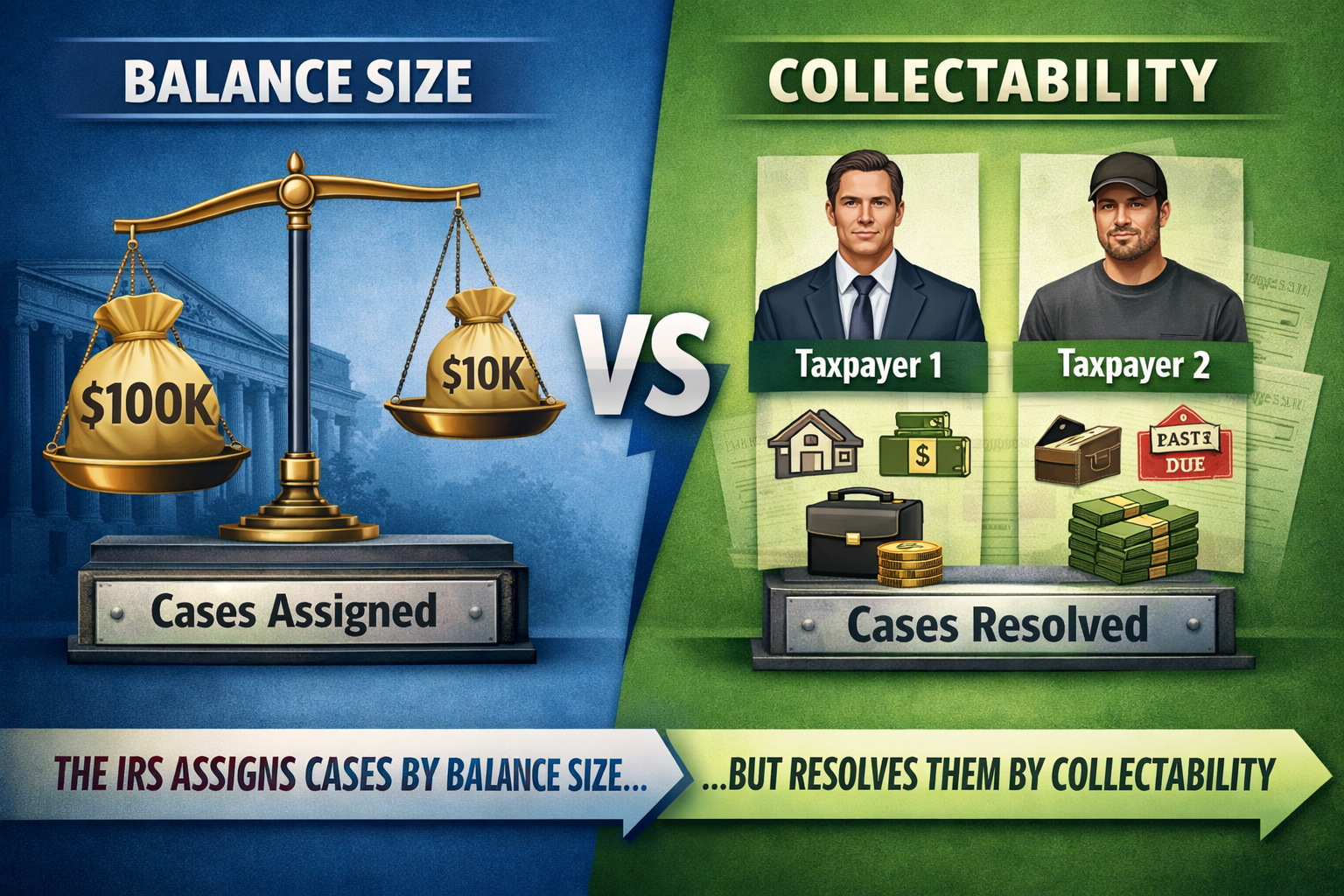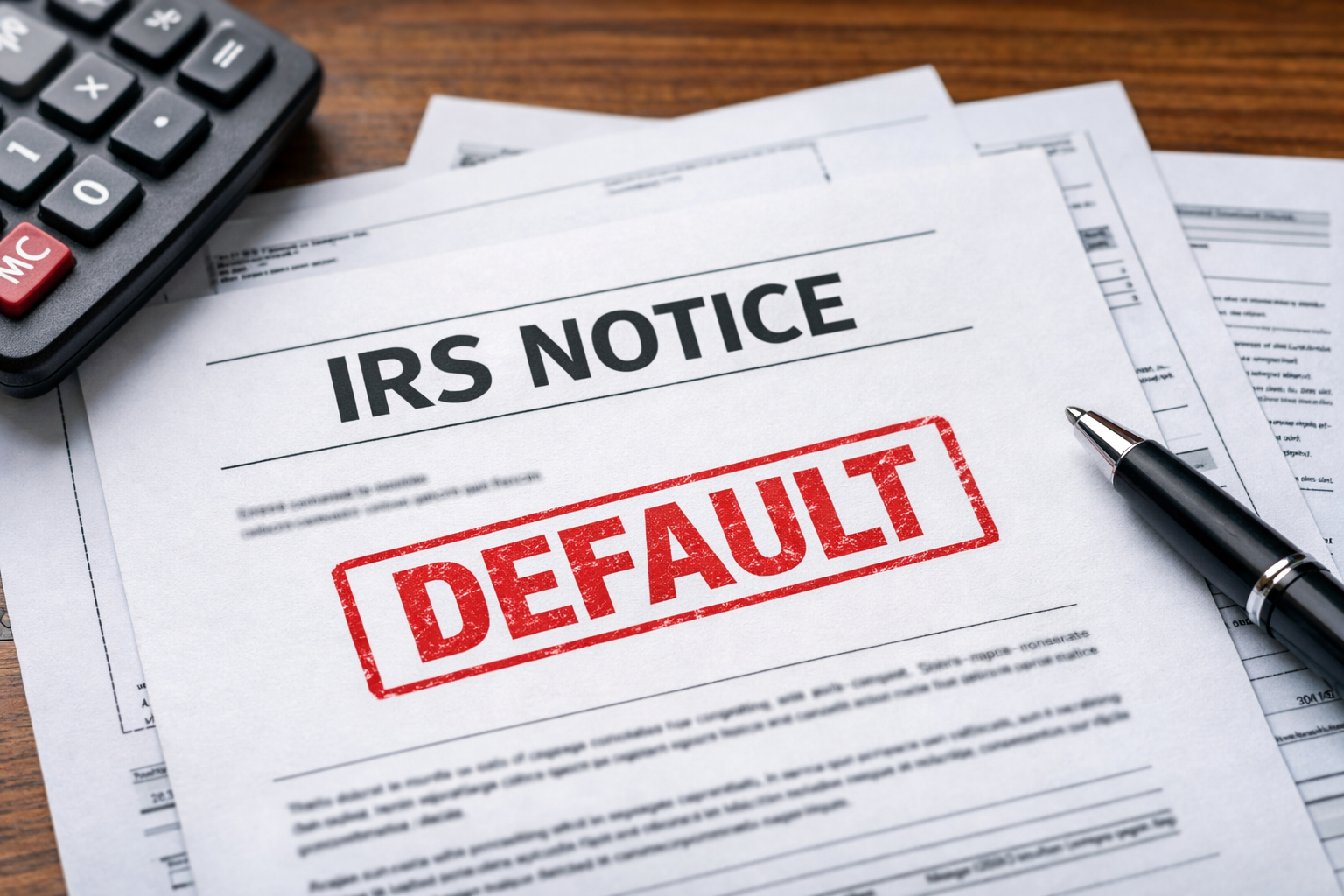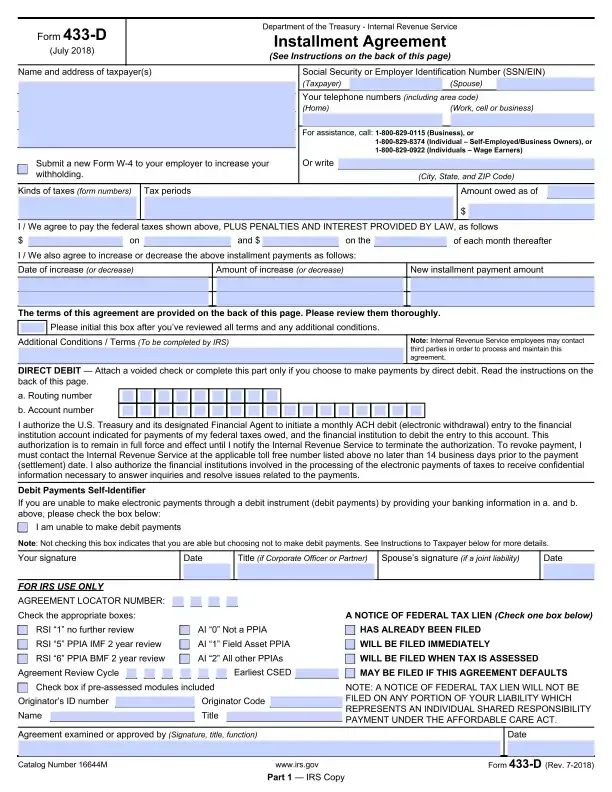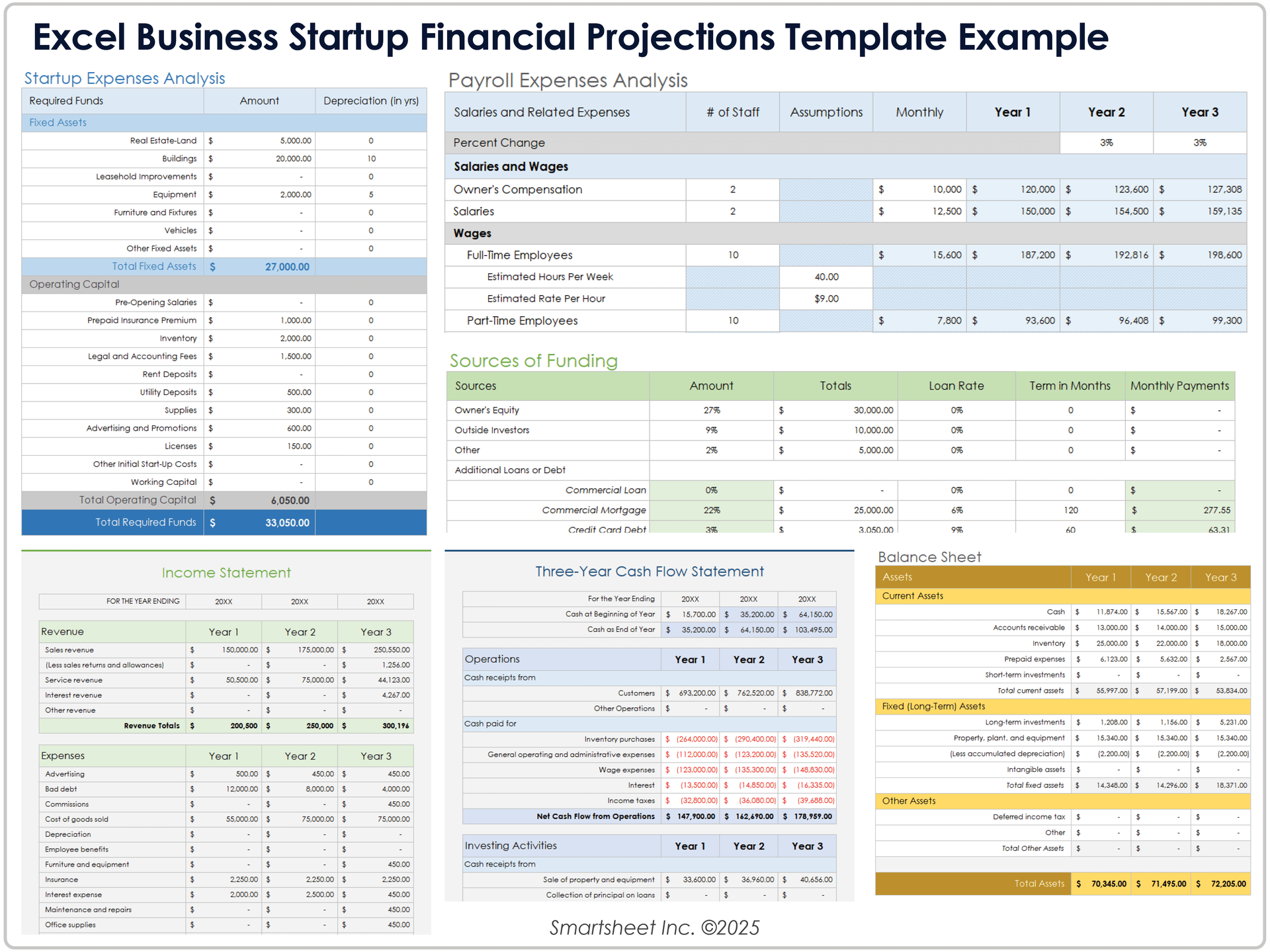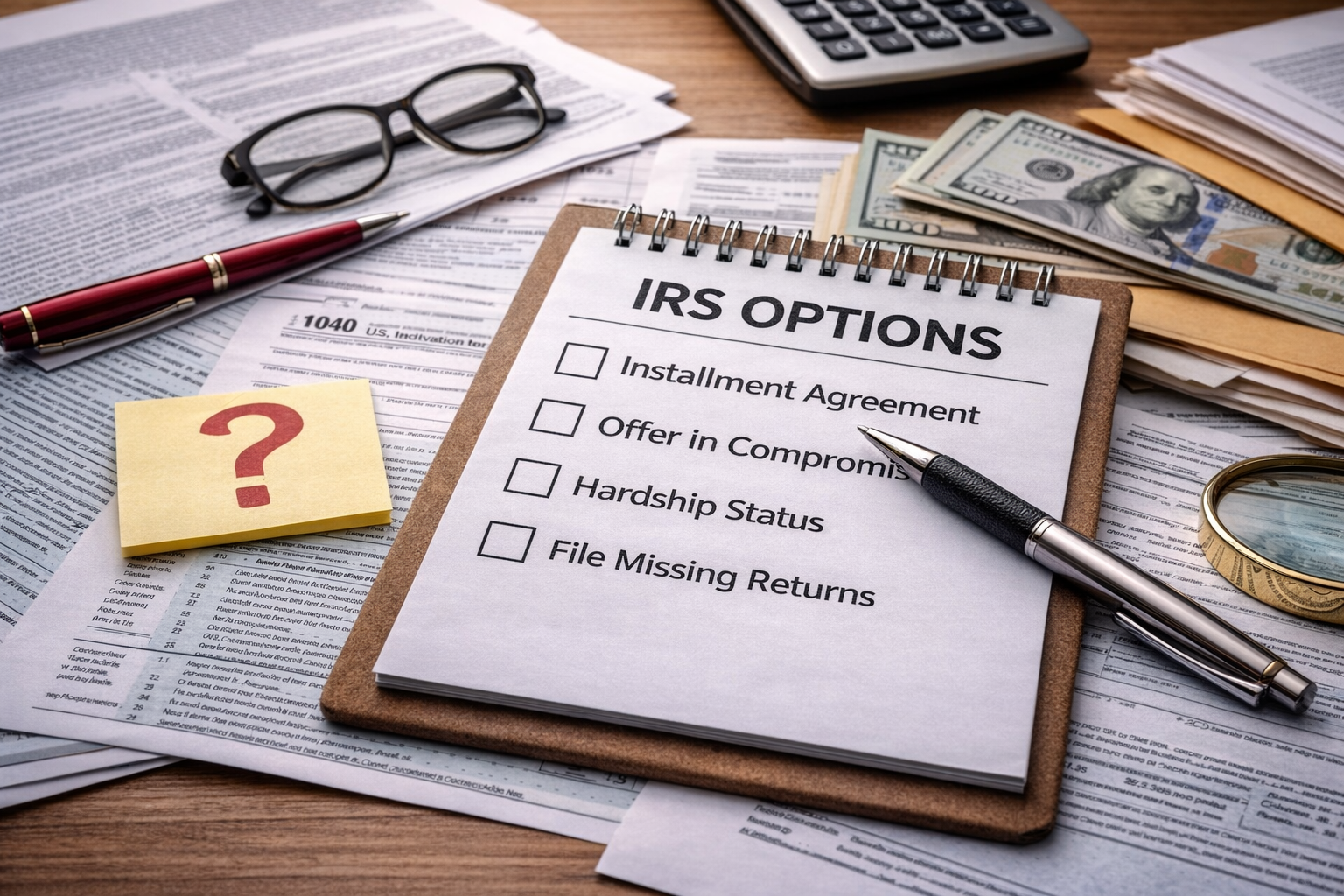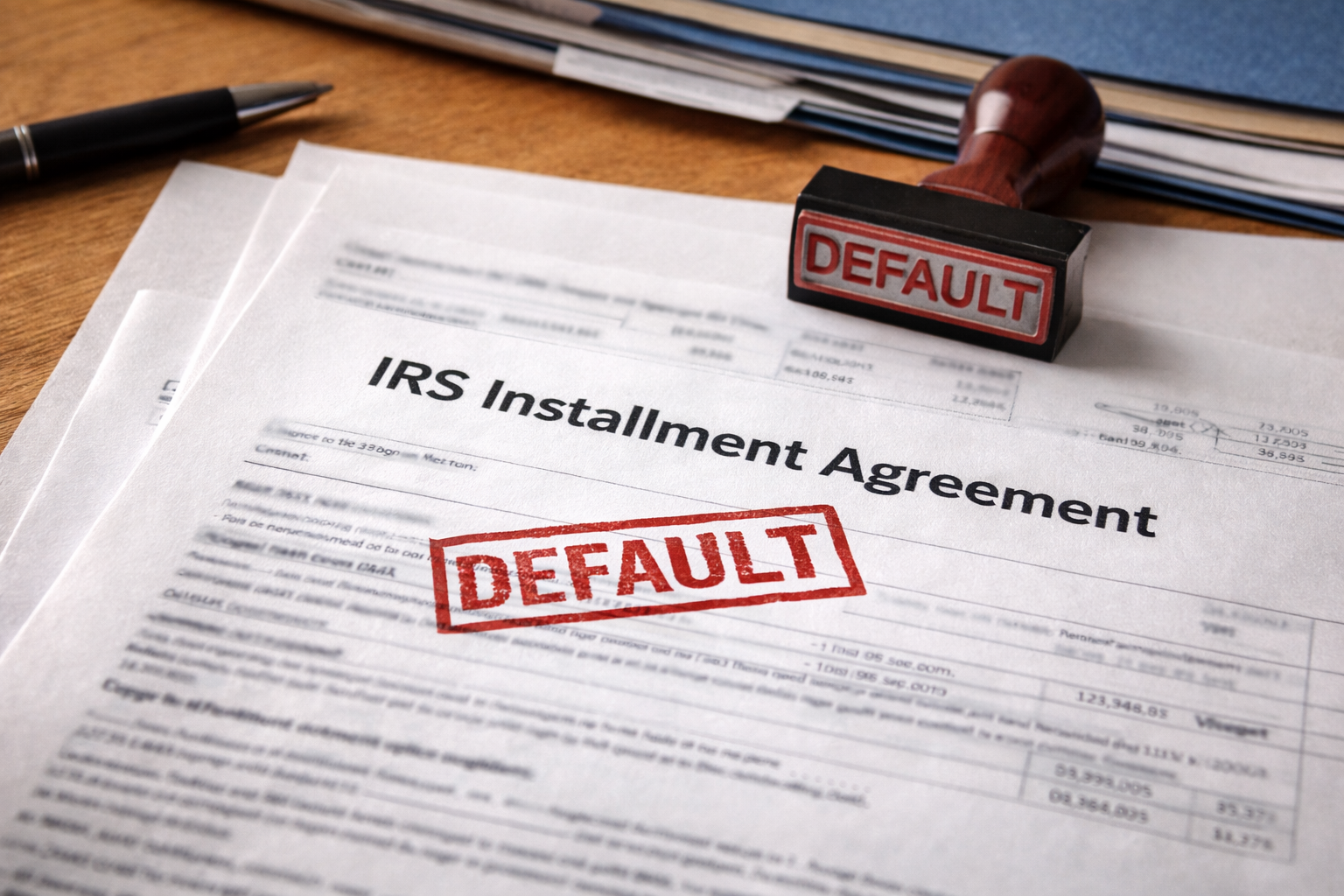When You Can’t Pay Anything: What “Currently Not Collectible” Status Means
This is a subtitle for your new post

If you're facing IRS debt but your financial situation is so tight that you can't afford to pay even a small monthly amount — there’s a way to press pause. It’s called Currently Not Collectible (CNC) status, and it can give you temporary relief from IRS collections while you work toward financial stability.
What Is CNC Status?
CNC status is a hardship status the IRS uses when it determines that collecting from you would create serious financial hardship. In simple terms: if you can’t afford both your basic living expenses and a tax payment, the IRS may agree to stop all collection activity—no wage garnishments, no bank levies, and no nasty letters demanding payment.
Your tax debt doesn’t disappear, but collection efforts are paused.
How Do You Qualify?
To request CNC, you’ll need to provide the IRS with a detailed financial disclosure using Form 433-A (for individuals) or Form 433-F, which lists your income, expenses, and assets. The IRS will review your situation based on national and local standards for basic living expenses (think food, housing, transportation).
If they determine that you have no disposable income after covering necessary expenses, you may be granted CNC status.
What Happens Next?
Once approved:
- The IRS halts active collection actions.
- They’ll still file a Notice of Federal Tax Lien, depending on the balance owed.
- Interest and penalties continue to accrue.
- The IRS will review your status periodically—usually every one to two years—to see if your financial condition has improved.
If your situation gets better, you may be asked to enter a payment plan or settle the debt.
Things to Keep in Mind
- You still owe the debt. CNC is not forgiveness—it’s a timeout.
- Refunds are offset. If you qualify for a tax refund while in CNC, the IRS will keep it and apply it to your balance.
- Statute of limitations continues. The IRS typically has 10 years to collect a debt, and time in CNC counts toward that deadline.
Bottom Line
Not Collectible status is a vital relief option for those in serious financial hardship. It won’t erase your debt, but it can stop the bleeding and give you breathing room. If you’re barely scraping by and don’t know how to deal with IRS pressure, CNC might be the protection you need—at least for now.
